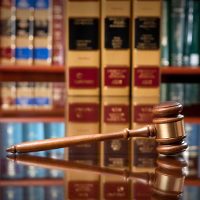 The following post comes from Liz Velander, a recent graduate of Scalia Law and a Research Assistant at CPIP.
The following post comes from Liz Velander, a recent graduate of Scalia Law and a Research Assistant at CPIP.
By Liz Velander
The Supreme Court finally reached a determination in the decade-long dispute between two of the biggest technology companies in the world, Google and Oracle. Read more
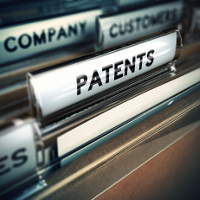 By Terence Yen
By Terence Yen Last week, a group of CPIP scholars filed an
Last week, a group of CPIP scholars filed an 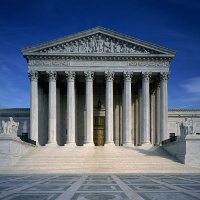 CPIP Founder
CPIP Founder 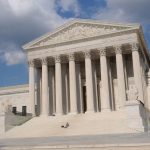 Last week, CPIP Senior Scholar
Last week, CPIP Senior Scholar 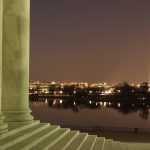 Last week, a group of law professors wrote a
Last week, a group of law professors wrote a  Following the Supreme Court’s four decisions on patent eligibility for inventions under
Following the Supreme Court’s four decisions on patent eligibility for inventions under  It’s been one year since the Supreme Court’s decision in Alice Corp. v. CLS Bank. On its face the
It’s been one year since the Supreme Court’s decision in Alice Corp. v. CLS Bank. On its face the